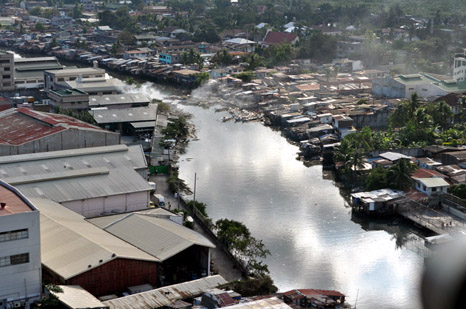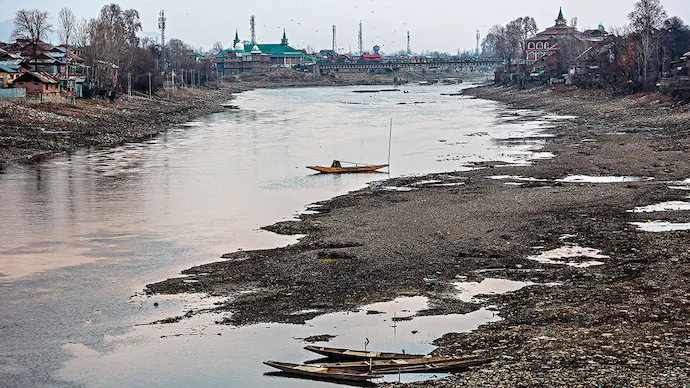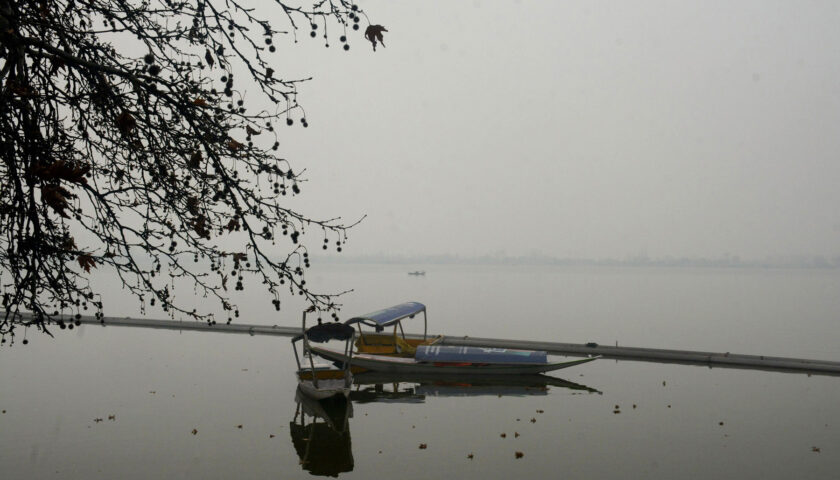Red Alert on Green Future: Experts Raise Alarm Over Climate Challenges in J&K
Srinagar, March 17, 2025 – Jammu and Kashmir finds itself at the forefront of climate change challenges, as environmental and engineering experts submit an urgent call to action to the region’s government. Despite contributing minimally to global greenhouse gas emissions, the region is reeling under severe and disproportionate impacts of climate change, highlighting a troubling paradox in global climate justice.
The Environmental Policy Group (EPG) and the Institution of Engineers (India), Jammu and Kashmir State Centre (IEIJKSC), have collaborated on a detailed report titled “Water, Weather, and Well-Being: Climate Change in the Kashmir Valley.” This document, presented on March 1 during a workshop, was formally submitted to high-ranking officials, including Chief Secretary Atal Dulloo and Commissioner Secretary Sheetal Nanda. The workshop, attended by experts from diverse fields, was inaugurated by renowned environmentalist Professor Shakil Ramshoo.
Key Challenges Outlined The submitted recommendations detail a series of pressing environmental issues threatening the region:
- Declining Water Levels and Snowmelt: Rivers like the Jhelum and its tributaries are experiencing severe water shortages due to irregular snowmelt and changing precipitation patterns. Groundwater tables are also falling amidst prolonged dry spells.
- Environmental Degradation: Pollution from industrial effluents, agricultural runoff, and domestic waste is exacerbating the crisis. Illegal land mining is further disturbing the ecosystem.
- Agricultural Struggles: Reduced crop yields and declining productivity are hitting horticulture hard, particularly the famed saffron cultivation in Pampore.
- Tourism Disruption: Reduced snowfall has led to the cancellation of winter tourism events, a critical economic blow to the region.
- Public Health Risks: Heatwaves, vector-borne diseases, and poor water quality are creating rising morbidity and mortality rates, endangering communities.
EPG convenor Faiz Bakshi highlighted the urgency of immediate action. “The rate at which our resources are deteriorating demands governmental intervention. Without swift measures, irreversible damage is inevitable.”
Policy Recommendations The report proposes a multi-pronged approach to safeguard J&K’s ecological balance and long-term sustainability:
- Water Management: Implementation of rainwater harvesting and stringent pollution controls.
- Climate-Resilient Agriculture: Promotion of drought-resistant crops and diversification.
- Economic Diversification: Investments in eco-tourism and renewable energy.
- Public Health Infrastructure: Enhancing healthcare systems to tackle climate-induced challenges.
- Institutional Reforms: Creation of a Climate Resilience Task Force and a dedicated Climate Change Agency to oversee adaptation strategies.
The experts also emphasized introducing a “polluter pays principle” via taxation, targeting sectors like tourism. EPG Chairman Iftikhar Ahmad Hakim called for actionable timelines and accountability measures, stating, “These recommendations are not for debate but for execution.”
Global and Local Paradoxes The case of J&K underscores global inequities in climate change impacts. Despite its low emissions, the region is among the most affected. “What makes this crisis particularly unjust is the minimal role of J&K in causing these changes, yet we bear the brunt of their effects,” Bakshi reiterated.
As the government reviews these recommendations, the unified call from the scientific and engineering communities serves as a stark reminder: the time for mere dialogue has passed. Immediate and transformative action is the need of the hour.




